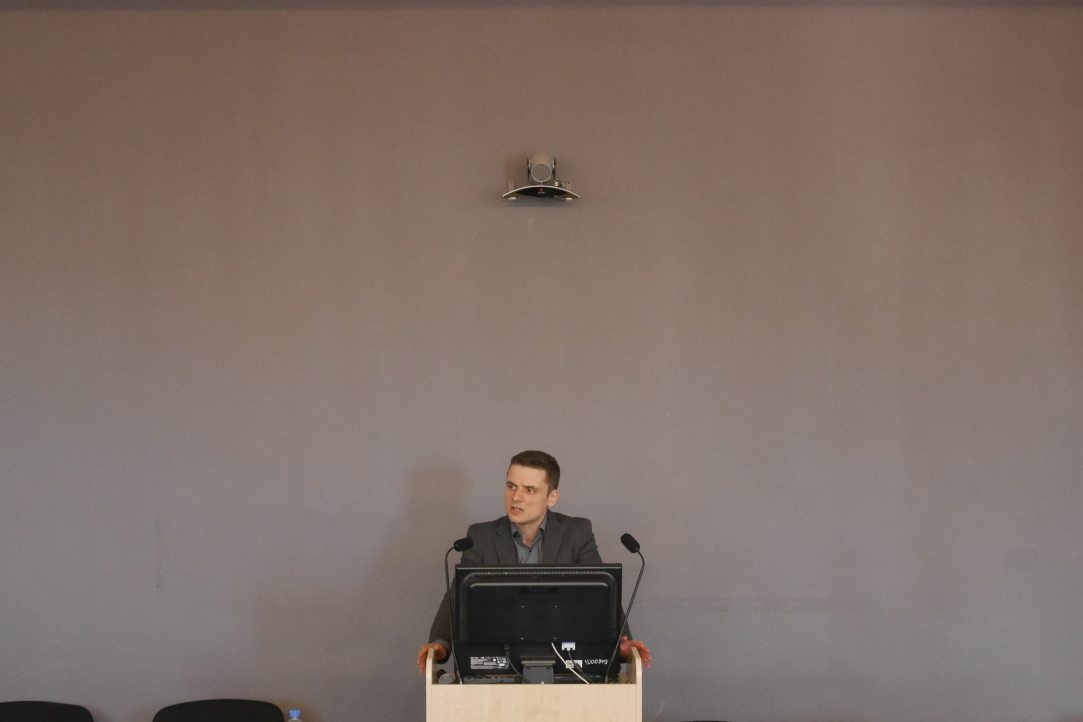"Boundaries of History": Wiktor Marzec about Lodz as industrial city and discourses of asynchronous modernity in 1897-1994

The study of professor Marzec and his colleagues is unique in its interdisciplinary approach, seeking to stretch the bridge between history, cultural studies and sociology. The book “From Cotton Smoke: Lodz – Industrial City and Discourses of Asynchronous Modernity, 1897-1994” is a tangible contribution to urban research and the study of modernity.

The study chronologically covers almost a hundred years, but in fact focuses on four separate periods: from 1898 to 1914, from 1918 to 1923, from 1945 to 1948, and finally from 1989 to 1991. The main sources are the Polish-speaking daily press of selected chronological periods. Such a choice of time intervals associated with changes in the geopolitical status of Lodz. The author claims that these are like four different cities, so the situation changed dramatically during the selected periods. In the newspapers, the authors of the book tried to trace the discussions about how, in the opinion of the Poles themselves, the new modern Lodz should look like, how this idea changed in different periods depending on the change of government and political regime.

After the presentation of the book, professor Marzec was asked several questions regarding the features of the selected chronological period, the details of the chosen methodology for working with sources, and the accounting for developing technologies.
During the discussion, curious details of the study were voiced, for example, observations indicating the absence in the press of a detailed analysis of new technologies, but rather focused on the place of these technologies in Polish society.
